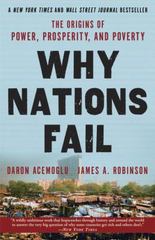Question
Two firms sell an identical product in a market by setting prices simultaneously. Consumers buy from the firm that offers the lower price; if the
Two firms sell an identical product in a market by setting prices simultaneously. Consumers buy from the firm that offers the lower price; if the prices are identical, the firms split the demand. If p is the lowest price (in dollars), aggregate demand is Q = 100 p. Suppose prices can only be set in increments of 1 cent.
a. If each firm had unlimited capacity and a marginal cost of $20, what are the Nash equilibria in this market?
b. Suppose Firm 1 and Firm 2 have limited production capacities of 10 and 15 units respectively. If Firm 1 believes that Firm 2 will set a price of $20, what price should Firm 1 set? Explain why the price you chose makes sense. (Assume efficient rationing while calculating Firm 1's residual demand.)
c. How would your answer to the previous question (1.b) change if Firm 1 had unlimited capacity instead?
d. Now, suppose again that each firm has unlimited capacity, but that the marginal costs of Firm 1 and Firm 2 are $20 and $25 respectively. Write down one Nash Equilibrium of this market.
Step by Step Solution
There are 3 Steps involved in it
Step: 1

Get Instant Access to Expert-Tailored Solutions
See step-by-step solutions with expert insights and AI powered tools for academic success
Step: 2

Step: 3

Ace Your Homework with AI
Get the answers you need in no time with our AI-driven, step-by-step assistance
Get Started


